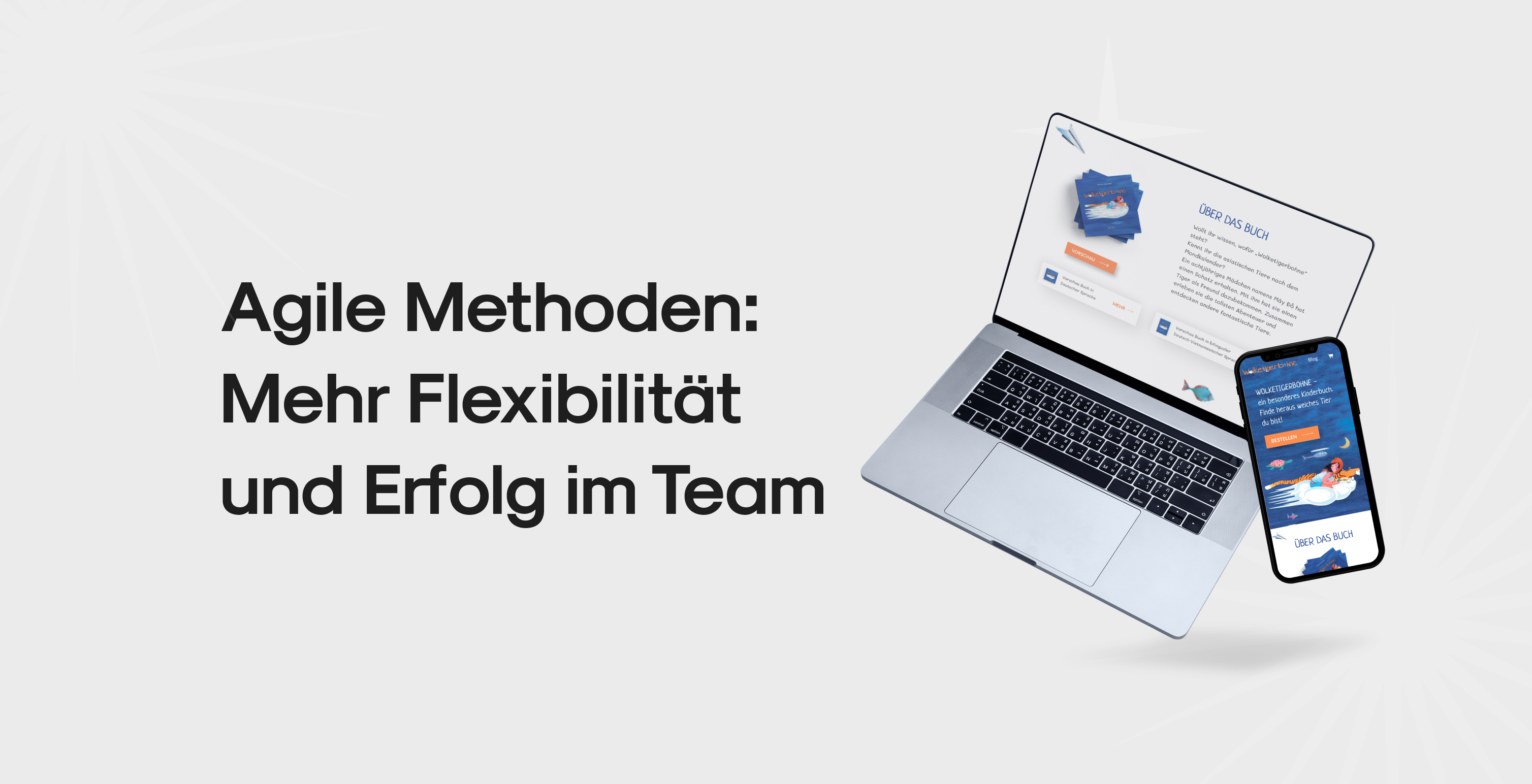IT in the automotive industry - the engine of change in 2024
In an era where the automotive industry is undergoing unprecedented change, IT is at the forefront of not only supporting this transition, but actively shaping it. From a product focus to a comprehensive mobility services approach, the role of IT has expanded dramatically and is now indispensable to success in the automotive industry.
What you need to know:
- Increasing efficiency and reducing costs through IT are top priorities in the automotive industry.
- Connected services and the integration of vehicle data into corporate IT are key challenges.
- Artificial intelligence and modern IT systems are key technologies for achieving climate targets.
- Skills shortages in the IT sector are being alleviated through targeted recruitment and the use of nearshore software development.
- Cybersecurity is becoming increasingly important in the face of growing cyber threats.
The role of IT in the transformation of the automotive industry
The automotive industry is facing the challenge of fundamentally rethinking its business models. IT plays a crucial role in this by providing innovative solutions for connected services while ensuring data protection and data security. Companies like North IT Group GmbH are pioneering this by offering customized IT solutions that are specifically tailored to the needs of the automotive industry.
Connected cars and the Internet of Things (IoT)
The networking of vehicles, known as "connected cars", is one of the most revolutionary developments in the automotive industry, made possible by advances in IT. These vehicles use the Internet of Things (IoT) to collect and share data in real time, significantly improving safety, efficiency and the driving experience. North IT Group GmbH supports car manufacturers in intelligently connecting their vehicles through nearshore software development and developing innovative mobility services. These technologies enable vehicles to analyze traffic information, predict maintenance needs and even communicate with urban infrastructure to make driving safer and more efficient.
Autonomous driving and AI
Another area where IT is revolutionizing the automotive industry is autonomous driving. Artificial intelligence (AI) is at the heart of the technology behind self-driving cars. It enables vehicles to understand their surroundings and make decisions in fractions of a second. The development of such systems requires enormous computing power and sophisticated algorithms, which would be inconceivable without the latest advances in IT. Automotive companies are investing heavily in AI research and development to take the lead in this highly competitive field. These efforts are also helping to make roads safer and reduce the number of road accidents.
Digital ecosystems and platforms
The creation of digital ecosystems and platforms is another important development driving IT in the automotive industry. These platforms offer seamless integration of various services, from in-car entertainment and remote maintenance to mobility services such as car sharing and ride-hailing. Such ecosystems enable car manufacturers to develop new business models and transform themselves from pure vehicle producers to providers of mobility solutions. By having a website created in Leipzig or other IT hubs, companies can strengthen their presence in the digital world and offer customers direct access to their services.
Blockchain in the automotive industry
Blockchain technology is also increasingly being used in the automotive industry. It offers a high level of security and transparency for transactions and can be used in areas such as supply chain management, financial transactions and vehicle data management. The decentralized nature of blockchain allows information to be stored and shared in a secure manner, which is particularly important in light of growing concerns about data privacy and security. The implementation of blockchain can help prevent counterfeiting of spare parts, track the origin of materials and increase efficiency in the supply chain.
Outlook: IT as a trailblazer for sustainable mobility
Ultimately, IT plays a decisive role in promoting sustainable mobility solutions. By analyzing large amounts of data, traffic flows can be optimized, emissions reduced and resources used more efficiently. Electric vehicles, supported by smart charging systems and integrated energy management platforms, are key to a greener future. The automotive industry is on the cusp of a new era where IT is transforming not only how vehicles are manufactured and operated, but also how they are integrated into the wider urban mobility ecosystem.
IT has established itself as the driving force behind numerous innovations in the automotive industry. From improving vehicle safety to creating new mobility services and pioneering advances in autonomous driving, the role of IT will continue to grow in importance as the industry faces up to the challenges of the 21st century.
Artificial intelligence as a driver for climate targets
Another focus is on the use of AI to support the achievement of climate targets. Modern IT systems make it possible to optimize processes and significantly reduce greenhouse gas emissions. This shows that IT is not just a tool for increasing efficiency, but also plays a decisive role in the fight against climate change.
Challenges and solutions
Integrating vehicle data into corporate IT and ensuring cybersecurity are two of the biggest challenges facing the automotive industry. In order to meet these challenges, the IT infrastructure needs to be adapted and data needs to be used more intensively. At the same time, increased recruitment of talent in software development and data analysis is essential.
The automotive industry is undergoing rapid change, which would be impossible to manage without the support of modern IT solutions. Companies that are able to adapt quickly and implement innovative IT strategies will not only remain competitive, but also take a leading role in the market.
Photo source: pexels.com



